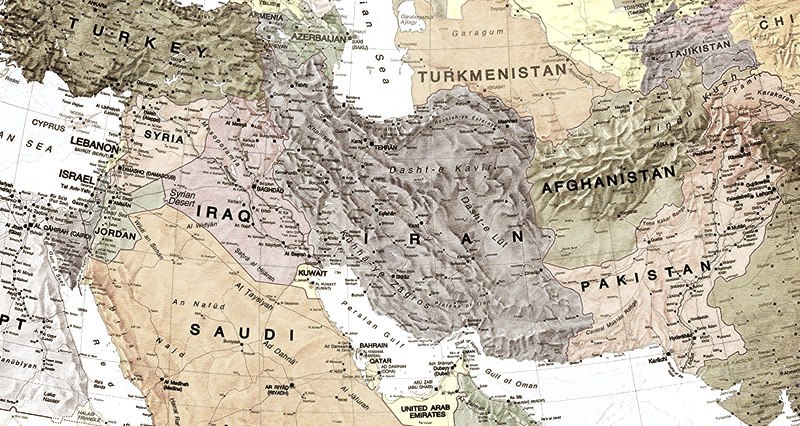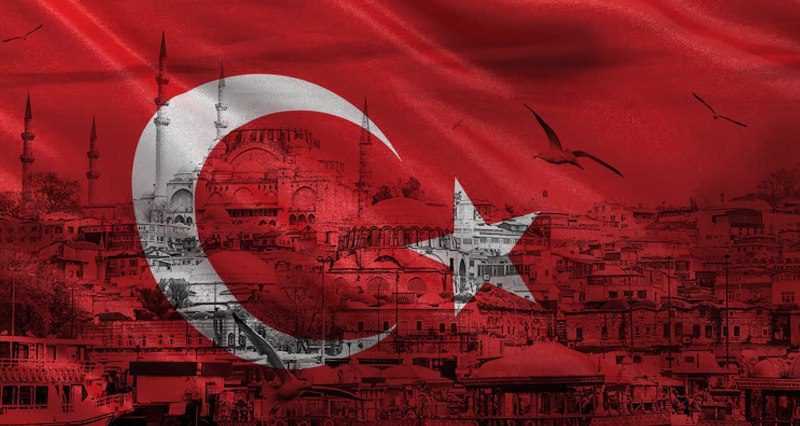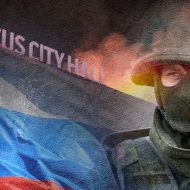The military progression of the Turkish-backed Government of National Accord (GNA) representatives was positively welcomed in Ankara.
TURKEY IS DETERMINED IN LIBYA
Turkey’s Vice President Fuat Oktay, during an online meeting of the Atlantic Council and Turkish Heritage Organization, evaluated the situation in Libya with the following words: “Turkey is standing for legitimacy.”
Oktay said that Turkey will make sure that the government in Tripoli is not “threatened by any dictator or by any terrorist, like Haftar” and he added that “we will be there no matter what the outcomes will be. We are determined on this issue”.
During an interview with France24, Turkey’s presidential spokesperson Ibrahim Kalin said that General Haftar has violated every agreement and peace attempt, and he also criticized France and the United Arab Emirates for supporting Haftar’s militias.
Kalin has added that Turkey is looking for a political solution in the North African country and not encouraging the legitimate government led by Fayez al-Sarraj to seek military escalation against Haftar.

RUSSIA’S POSITION
Related to the conflict in Libya, Russia’s position has also been the subject of debate in Turkey.
Wagner Group’s position and the allegations (mostly published in the Western media) about the deployment of Russian fighter jets to Libya for the support of Haftar forces has created a confusion within the Turkish public about Russia’s position.
After the capture of al-Watiya Air Base by the Turkish-backed GNA forces, Turkish presidential Office has announced that President Erdogan and his Russian counterpart Vladimir Putin had had a phone conversation about the overall political situation in the region.
The Russian presidential office also made a statement about this issue and mentioned that both presidents’ “expressed concerns over the escalation of clashes in Libya.”
Turkey’s general idea on the issue is that Haftar is now frowned upon by Russia, as a result of his leaving the peace summit in Moscow in January.
On the other hand, the recent increase of news reports about the Russian fighter jets supports the possibility of an attempt to provoke the Turkish and Russian relations through Libya.
It would not be wrong to say that the decision-makers in Ankara, much like they were in Syria, are focused on a way to find the political solution in Libya that is within the interests of both Russia and Turkey.
It seems likely that this delicate process in Libya could easily be destabilized, most likely via Western powers and the Gulf countries.
In this matter, the establishment of a direct coordination line between Ankara and Moscow may help relieve the situation.
THE DIPLOMATIC LINE
On the other hand, regarding Libya and Middle Eastern conflicts in general, the re-establishment of the political relations with Egypt and Israel were also topics of debate in Turkey.
Israel has already taken some political actions in Turkey in order to restore the relations.
Turkish media had recently begun to publish some articles of former and current Israeli diplomats including their positive messages about reconciliation with Turkey. Additionally, the arrival of a plane belonging to Israeli-state-owned El-Al Airlines in Turkey after 13 years is being considered as an example of air diplomacy.
Meanwhile, Turkey is also carefully watching for the positive messages from the Egyptian side.
In short, it seems likely that the Libyan and the Eastern Mediterranean crises will be on the Turkish agenda for a long time.









Leave a Reply